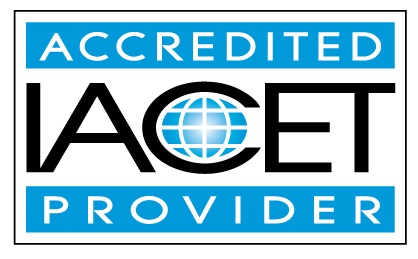Description
Rehabilitation technology suppliers, therapists, and family members may have concerns about providing power mobility experiences to children and adults who have cognitive impairments. Although adequate supervision must be provided to ensure safety, children and adults who have cognitive impairments as well as mobility limitations may benefit from power mobility use. An overview of select power mobility training methods that have been used to promote power mobility use in individuals who have cognitive impairments is provided as well as information pertaining to outcome measures that can be used to track progress in power mobility skill progression in individuals who have cognitive impairments. Finally, a list of select tips and techniques related to power mobility training for children and adults who have cognitive impairments is provided.
Learning Outcomes:
1. The participant will be able to discuss 3 benefits of power mobility training for individuals who have cognitive impairments.
2. The participant will be able to access 3 resources to develop a power mobility training program for a child or an adult who has cognitive impairments.
3. The participant will be able to describe 3 different outcome measures that can be used to track power mobility skill progression in individuals who have cognitive impairments.
Lisa Kenyon is a Physical Therapist and Associate Professor, investigating the use of shared control in power mobility training with children who have multiple, severe disabilities. She has presented on this topic national and internationally, including at the APTA Section on Pediatrics Annual Conference, ESS, OSS, RESNA, and ISS.
Emma Smith is an Occupational Therapist and PhD Candidate studying the use of shared control for powered mobility training in older adults with cognitive impairments. She has presented on this topic nationally and internationally, including RESNA, ESS, ISS, ISPO, and the CREATe Conference.


